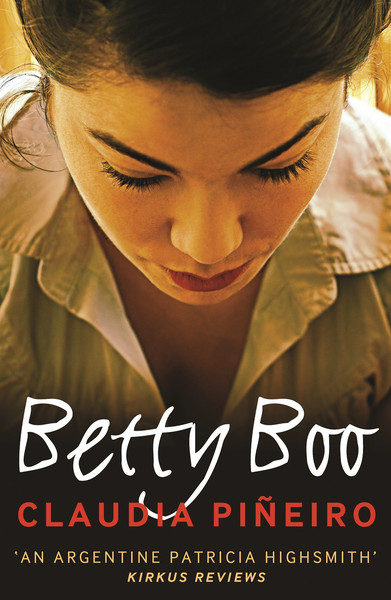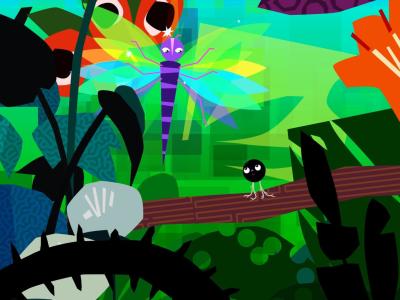Welcome to 21st century Buenos Aires. The rich and privileged live in gated communities outside the city, like the one in this novel, tellingly named La Maravillosa. To protect themselves, they have increasingly absurd levels of security for the house owners, their visitors, and of course the cleaners and others who come to service their needs.
It is Gladys, one of these cleaners, who finds much more than she bargains for one Monday morning when she arrives at the luxury mansion of Pedro Chazarreta. Her employer is slumped in a chair, but rather than sleeping off a heavy night’s drinking, she discovers his throat has been slit.
This is where Betty Boo (named after the cartoon character Betty Boop and her famous curls) and friends come on the scene. Betty Boo is the nickname of a famous thriller writer, Nurit Iscar, ‘the dark lady of Argentinian literature’. She is also the ex-lover of the editor of El Tribuno newspaper, Lorenzo Rinaldi, and it is he who wants her to write in-depth articles about the murder and life inside La Maravillosa.
Nurit accepts the challenge. This brings her into contact with two other members of the El Tribuno staff. The first is the veteran crime reporter Jaime Brena, who has been in the business for forty years but has recently been demoted from the Crime pages to silly Society articles. The second is the youngster who has replaced him, out of his depth and known to the other two simply as the Crime Boy. As in every country, neo-liberal attitudes in business mean that experience counts for nothing compared to saving money, and Brena is pondering whether to give up the struggle and take ‘voluntary’ redundancy.
This unlikely trio sets out to investigate the murder, helped by a high-ranking policeman. Comisario Venturini. Nurit/Betty Boo writes insightful reportage on life inside La Maravillosa, only too aware that despite all the security measures, fear and violence are rampant inside this mini-paradise. Between her and the other two, they soon discover that Chazarreta’s murder is linked to another series of deaths, all of them childhood friends of the dead man, and all of them dismissed by the Buenos Aires police as accidents or suicide.
Further investigation combining Brena’s old journo’s scent for a story, the Crime Boy’s expertise with the new media, and Nurit’s intuition and courage, lead them to the dark heart of the crimes. They suspect that, far from being accidental, all the deaths were murders, and all masterminded by one person.
At the climax to the book, it is Nurit/ Betty Boo who confronts the man they think is responsible for the murders. In a chilling confrontation, it becomes clear that he is the organiser of the killings, but equally clear that not only will the amateur detectives be unable to prove anything, but that if they try to take things any further, they could quickly become the next victims.
There is though one final twist to the story, which proves the dictum that, as Nurit writes: ‘the assassin is the one who is alive at the end, he is something different, the one with the real power’.
Claudia Piñeiro is expert at suggesting how Argentinian society is still in the grip of these shadowy forces that still hold real power. Because so many crimes go unpunished, they ‘always conceal something more terrible than the crime itself’. Around the time Piñeiro was writing this novel, the prosecutor investigating the 86 deaths from the bomb attack on the Amia Jewish centre in 1994 was found dead after apparently shooting himself in a locked bathroom, according to the police. Nobody has been charge either with his death or with the Amia bombing.
The closeness of real life in Argentina to the events and atmosphere portrayed in Betty Boo is alarming: in the novel, Nurit writes that ‘it’s back to fiction for me. I won’t be writing any more of these dispatches because I’m too scared to write what needs to be said, and too ashamed to write anything else’. For Piñeiro and Argentina’s sake, we must hope this is only a rhetorical flourish.
Betty Boo is available from https://www.bitterlemonpress.com/products/betty-boo















